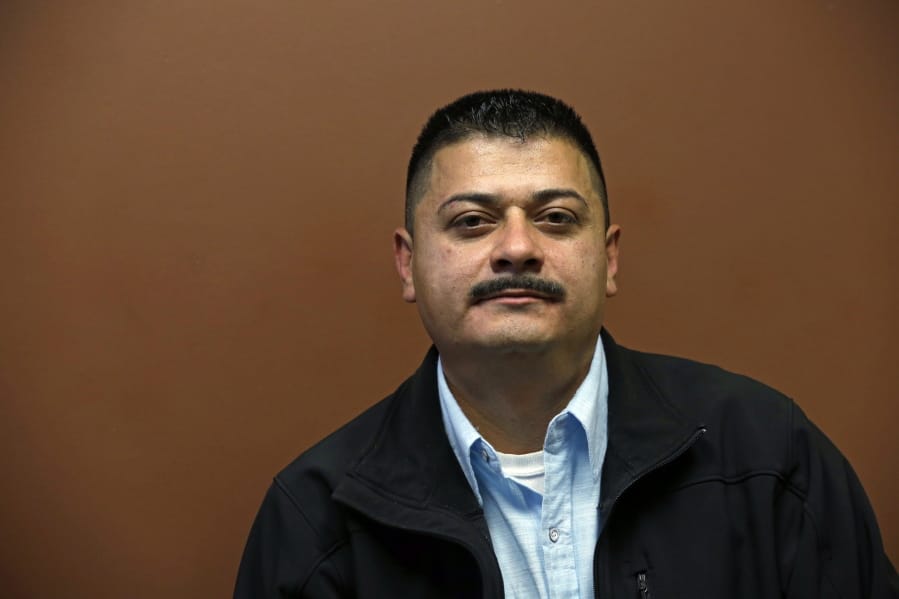SEATTLE — A federal judge on Tuesday criticized the Justice Department for seeking legal fees from a Mexican immigrant who was the victim of a forgery by a government lawyer.
U.S. District Judge Barbara Rothstein on Tuesday denied the department’s effort to make Ignacio Lanuza and his attorneys pay legal fees for his unsuccessful attempt to hold the government liable for the forgery. The fees could have topped $100,000.
Rothstein noted the wide discrepancy between Lanuza’s resources and those of the government. She said the Justice Department’s effort appeared to be motivated by “personal animus” on the part of a DOJ lawyer and the government’s motion for legal fees chronicled “irrelevant matters that serve no purpose other than to disparage and embarrass Lanuza.”
“It is not lost on the Court that Lanuza was a victim of a crime committed by an attorney for the United States, and that another attorney for the United States then took up the defense of Lanuza’s civil case in a manner that bordered on the overzealous,” Rothstein wrote.
Lanuza had been arrested on a gun charge and was in deportation proceedings in 2009 when Jonathan M. Love, then the assistant chief counsel for U.S. Immigration and Customs Enforcement in Seattle, forged a document purporting to show that Lanuza had agreed to return to Mexico in 2000.
An immigration judge ordered Lanuza deported based on the form.
But in 2011, Lanuza’s new attorney realized the form’s letterhead said “U.S. Department of Homeland Security” — a federal agency that didn’t exist in 2000, when the document was dated. Following the forgery’s discovery, Lanuza was awarded permanent resident status, allowing him to remain in the U.S. with his wife and two children, who are all American citizens.
Lanuza sued Love and the federal government in 2014, accusing the lawyer of violating his constitutional right to due process. He made several claims against the government, including malicious prosecution and infliction of emotional distress.
The case resulted in a precedent-setting ruling from the 9th U.S. Circuit Court of Appeals, which made clear that immigrants can obtain damages from individual federal officials for constitutional violations during immigration proceedings. Love paid the immigrant $6,250 to settle his part of the civil rights lawsuit. Love also pleaded guilty to a federal criminal charge, spent a month in jail, gave up his law license for at least a decade and agreed to pay $12,000 in restitution to Lanuza.
But Lanuza’s effort to hold the federal government financially responsible for its lawyer’s conduct did not fare as well.
Rothstein dismissed the last remaining claim in August, and Timothy Durkin, an assistant U.S. attorney based in Spokane, then sought to recoup legal fees for having to respond to what he deemed a frivolous malicious prosecution claim.
The judge said that during years of hard-fought litigation, both sides sometimes “lost perspective.” But, she said, while Lanuza ultimately lost his malicious prosecution claim, it was brought in good faith and in no way frivolous.



